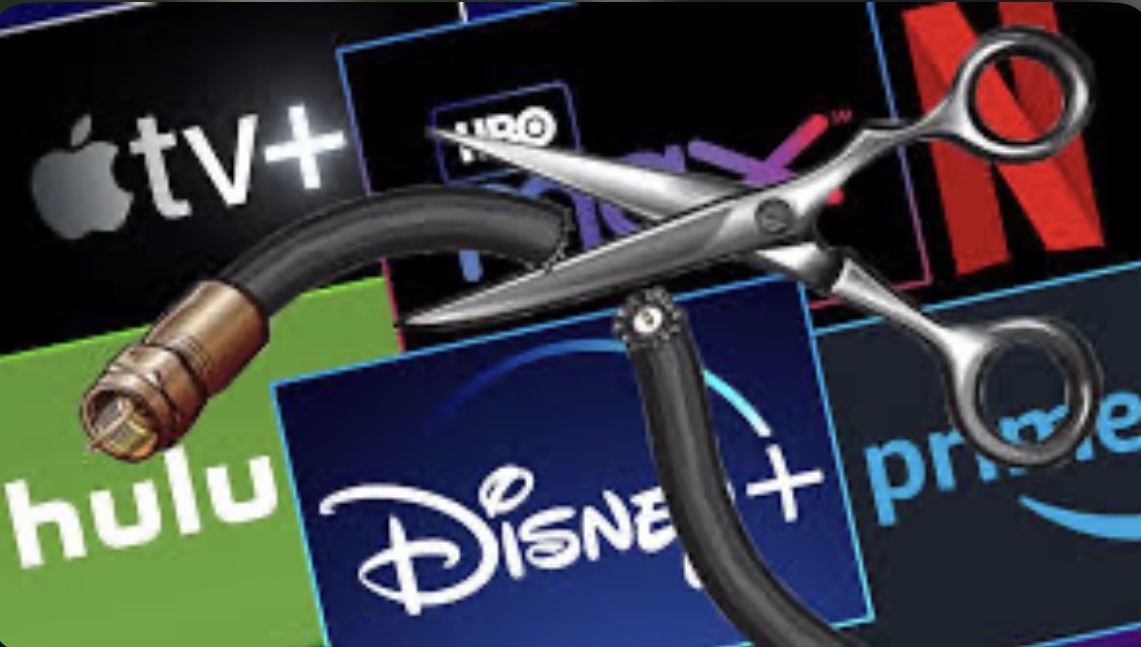FCC Chairwoman Proposes New Protections for Cable and Satellite TV Customers

Federal Communications Commission (FCC) Chairwoman Jessica Rosenworcel has introduced a proposal to provide new customer service protections for cable and direct broadcast satellite (DBS) providers. The new protections would require cable and DBS providers to clearly state the “all-in” price for their video programming service in promotional materials and on subscribers’ bills.
Under the proposed rules, cable and DBS providers would be required to specify the total cost of video programming service, including broadcast retransmission consent, regional sports programming, and other programming-related fees, as a prominent single line item on subscribers’ bills and in promotional materials. This would eliminate the misleading practice of describing these video programming costs as a tax, fee, or surcharge.
According to Chairwoman Rosenworcel, the updated “all-in” pricing format will allow consumers to make informed choices, including the ability to comparison shop among competing providers and to compare programming costs against alternative programming providers, including streaming services.
“Consumers deserve to know what exactly they are paying for when they sign up for a cable or broadcast satellite subscription. No one likes surprises on their bill, especially families on tight budgets,” said Chairwoman Rosenworcel. “We’re working to make it so the advertised price for a service is the price you pay when your bill arrives and isn’t littered with anything that resembles junk fees. Not only will this reduce cost confusion and make it easier for consumers to compare services, but this proposal will also increase competition among cable and broadcast satellite providers through improved price transparency.”
The proposal is part of the Commission’s ongoing efforts to increase price transparency and competition in the marketplace. It follows the forthcoming rollout of the nation’s first Broadband Nutrition Label, which requires broadband providers to display easy-to-understand labels to allow consumers to comparison shop for broadband services.
The FCC has long been concerned about the lack of price transparency in the cable and satellite TV industry. In 2016, the Commission proposed rules that would have required cable and satellite TV providers to offer customers a “skinny bundle” of programming, which would have included a smaller selection of channels at a lower price. However, those rules were never implemented.
The new proposal is likely to face opposition from cable and satellite TV providers, who have traditionally resisted efforts to increase price transparency. However, Chairwoman Rosenworcel is optimistic that the proposal will receive bipartisan support.
“I think that everyone understands that when you sign up for a service, you should know what you’re paying for,” she said. “This is a common-sense proposal that will benefit consumers and increase competition in the marketplace. I’m hopeful that we can work together to get it done.”
The FCC’s proposed customer service protections for cable and DBS providers seek to increase price transparency and allow consumers to make informed choices. The proposed rules will require cable and DBS providers to specify the total cost of video programming service, including all programming-related fees, as a prominent single line item on subscribers’ bills and in promotional materials. This will eliminate the misleading practice of describing these video programming costs as a tax, fee, or surcharge, and allow consumers to comparison shop among competing providers and to compare programming costs against alternative programming providers, including streaming services.



:no_upscale()/cloudfront-us-east-1.images.arcpublishing.com/dmn/3O64XIWTM5FNHH2XDY7VI6AOMQ.jpg)




